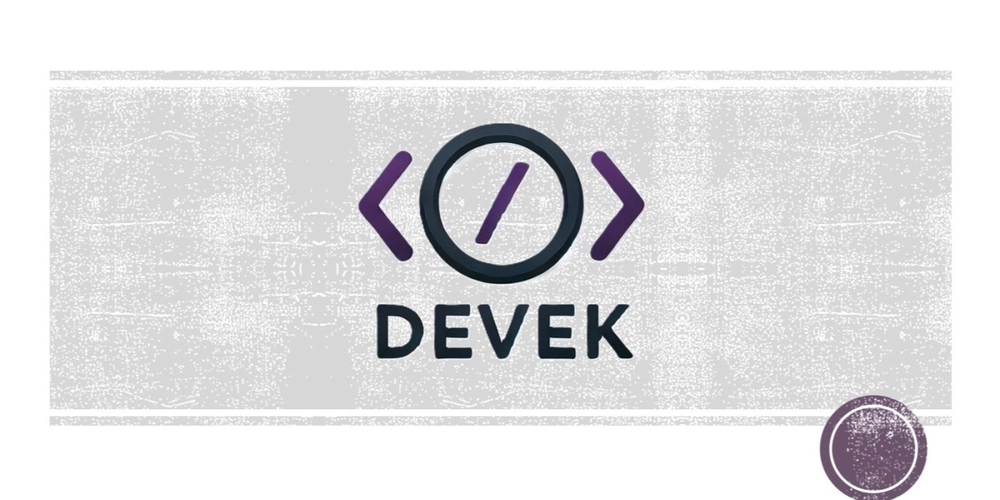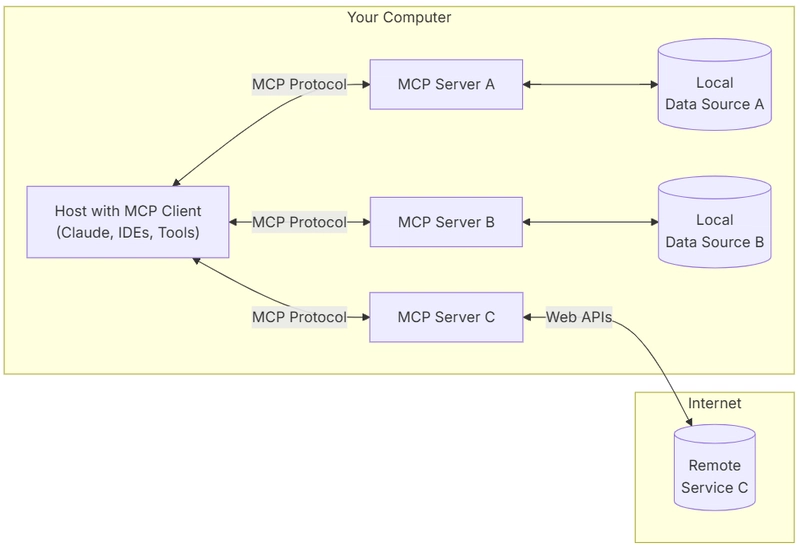What is SEO? A Complete Guide to Search Engine Optimization
Search Engine Optimization (SEO) is the process of enhancing a website’s visibility on search engines like Google, Bing, and Yahoo to drive organic (unpaid) traffic. It involves optimizing content, website structure, and off-page factors to improve rankings in search engine results pages (SERPs). In simple terms, SEO helps websites rank higher so that users can easily find them. If you run a business, blog, or eCommerce store, SEO is crucial to attract visitors and grow online presence. Importance of SEO in Digital Marketing SEO is the backbone of digital marketing. It helps businesses: ✅ Increase Organic Traffic: Better rankings lead to more clicks. ✅ Improve Brand Awareness: A top-ranked website gains trust. ✅ Boost Conversions & Sales: Higher visibility means more customers. ✅ Reduce Paid Advertising Costs: Good SEO brings free traffic. ✅ Stay Competitive: Outranking competitors means better business growth. Without SEO, even well-designed websites struggle to attract visitors. How SEO Works Search engines use complex algorithms to determine how to rank pages. SEO involves optimizing different factors to align with these algorithms. The ranking process includes: Crawling: Search engines discover new content using bots. Indexing: The discovered pages are stored in a database. Ranking: Google ranks pages based on relevance, authority, and user experience. Google updates its ranking algorithms regularly (e.g., Panda, Penguin, and BERT), so SEO strategies must evolve accordingly. How Search Engines Work Search engines follow three key processes: 1️⃣ Crawling: Bots scan the internet to discover new pages. 2️⃣ Indexing: Discovered pages are stored in the search engine database. 3️⃣ Ranking: Algorithms rank pages based on relevance and authority. Understanding Google Algorithm Updates is key to staying ahead in SEO. Keyword Research and Its Importance How to Find the Right Keywords? ✅ Use tools like Google Keyword Planner, Ahrefs, SEMrush. ✅ Find low-competition, high-search-volume keywords. ✅ Identify long-tail keywords (e.g., “best SEO strategies for small businesses”). On-Page SEO Strategies

Search Engine Optimization (SEO) is the process of enhancing a website’s visibility on search engines like Google, Bing, and Yahoo to drive organic (unpaid) traffic. It involves optimizing content, website structure, and off-page factors to improve rankings in search engine results pages (SERPs).
In simple terms, SEO helps websites rank higher so that users can easily find them. If you run a business, blog, or eCommerce store, SEO is crucial to attract visitors and grow online presence.
Importance of SEO in Digital Marketing
SEO is the backbone of digital marketing. It helps businesses:
✅ Increase Organic Traffic: Better rankings lead to more clicks.
✅ Improve Brand Awareness: A top-ranked website gains trust.
✅ Boost Conversions & Sales: Higher visibility means more customers.
✅ Reduce Paid Advertising Costs: Good SEO brings free traffic.
✅ Stay Competitive: Outranking competitors means better business growth.
Without SEO, even well-designed websites struggle to attract visitors.
How SEO Works
Search engines use complex algorithms to determine how to rank pages. SEO involves optimizing different factors to align with these algorithms.
The ranking process includes:
Crawling: Search engines discover new content using bots.
Indexing: The discovered pages are stored in a database.
Ranking: Google ranks pages based on relevance, authority, and user experience.
Google updates its ranking algorithms regularly (e.g., Panda, Penguin, and BERT), so SEO strategies must evolve accordingly.
How Search Engines Work
Search engines follow three key processes:
1️⃣ Crawling: Bots scan the internet to discover new pages.
2️⃣ Indexing: Discovered pages are stored in the search engine database.
3️⃣ Ranking: Algorithms rank pages based on relevance and authority.
Understanding Google Algorithm Updates is key to staying ahead in SEO.
Keyword Research and Its Importance
How to Find the Right Keywords?
✅ Use tools like Google Keyword Planner, Ahrefs, SEMrush.
✅ Find low-competition, high-search-volume keywords.
✅ Identify long-tail keywords (e.g., “best SEO strategies for small businesses”).
On-Page SEO Strategies








































































































































































![[The AI Show Episode 142]: ChatGPT’s New Image Generator, Studio Ghibli Craze and Backlash, Gemini 2.5, OpenAI Academy, 4o Updates, Vibe Marketing & xAI Acquires X](https://www.marketingaiinstitute.com/hubfs/ep%20142%20cover.png)































































































































![From drop-out to software architect with Jason Lengstorf [Podcast #167]](https://cdn.hashnode.com/res/hashnode/image/upload/v1743796461357/f3d19cd7-e6f5-4d7c-8bfc-eb974bc8da68.png?#)





























































































![Switch 2 Pre-Order Rules Are Some BS: Here's How They Work [Update]](https://i.kinja-img.com/image/upload/c_fill,h_675,pg_1,q_80,w_1200/485ec87fd3cea832387b2699e4cbd2a1.jpg)











.png?#)




(1).jpg?width=1920&height=1920&fit=bounds&quality=80&format=jpg&auto=webp#)




-Mario-Kart-World-Hands-On-Preview-Is-It-Good-00-08-36.jpg?width=1920&height=1920&fit=bounds&quality=80&format=jpg&auto=webp#)





















_NicoElNino_Alamy.png?#)
_Igor_Mojzes_Alamy.jpg?#)

.webp?#)
.webp?#)













































































































![Blackmagic Design Unveils DaVinci Resolve 20 With Over 100 New Features and AI Tools [Video]](https://www.iclarified.com/images/news/96951/96951/96951-640.jpg)


![Apple Considers Delaying Smart Home Hub Until 2026 [Gurman]](https://www.iclarified.com/images/news/96946/96946/96946-640.jpg)






























































































































